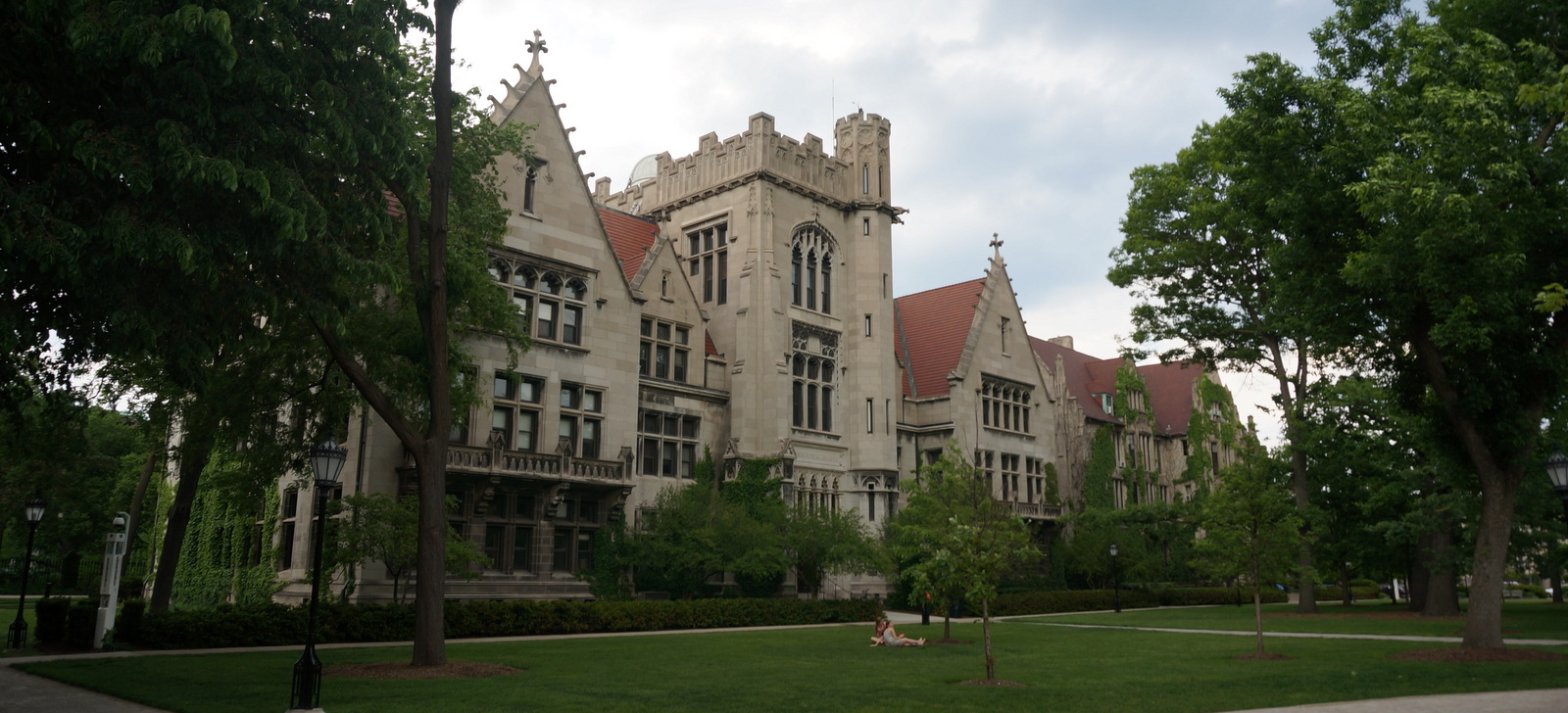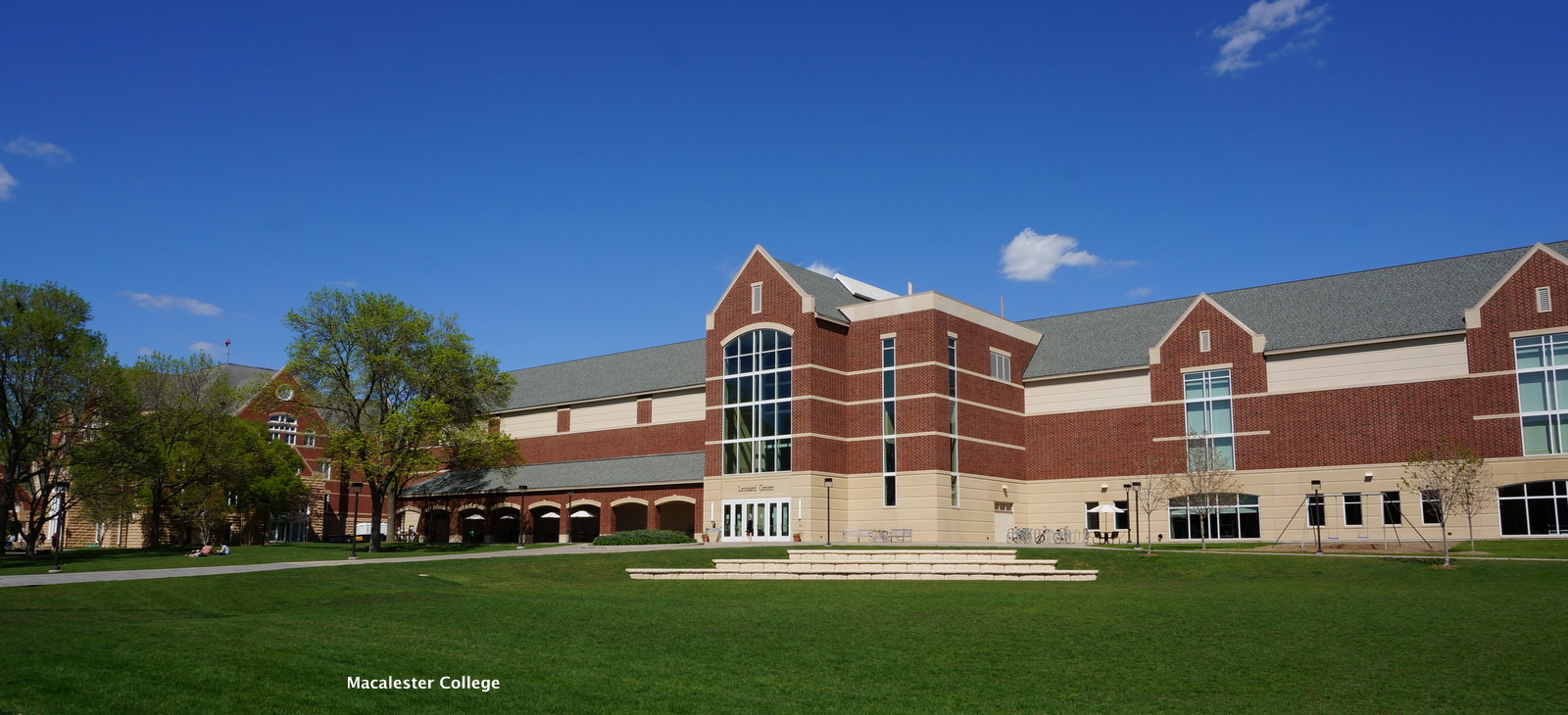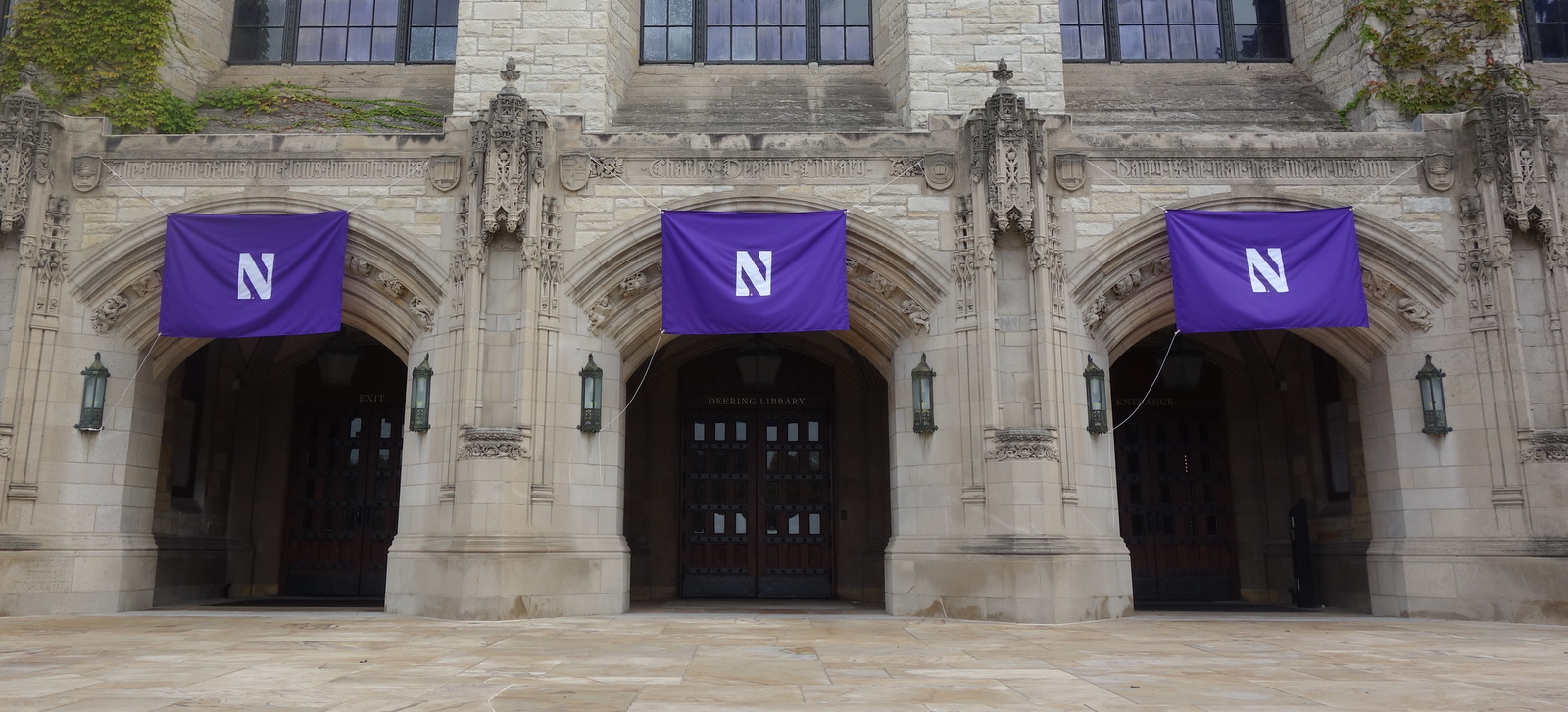What’s more important: the school or the major?
In the wake of increasing Internet chatter elevating the major over the school, one of my former students wrote a post for my website (Thanks Jess!) that articulated her dissent: even though her school does not have her major, she couldn’t be happier with her collegiate choice. I couldn’t agree more.
Of course, I need to temper my consent. After all, Jess is at Yale; for a school like that – where the network combined with the culture of ambition all but guarantees fiscal success – it’s obvious that one should indeed choose Yale over the vast majority of other options. (This is particularly true in Jess’s case, where her interest is in the less fiscally-rewarding field of education.)
To analyze this debate, it’s important to deconstruct the sides. The pro-school side really isn’t a voice, but something I’d describe as the US News College Ranking hegemony. It’s that unseen, intangible “knowledge” – that “everyone” has – that some schools are just “better” than others. The pro-major side is formed as a direct response to this inchoate Big Brother: a major correlates more directly to future earnings than does a school, and many “fancy” schools leave their graduates in piles of debt.
But there are two primary issues at stake in this debate that are always underdeveloped in both sides of the conversation. The first is the cost of education, and the second is the definition of success.
The cost of education is a topic far from neglected by media sources. In fact, it’s unquestionably one of the hottest topics in conversations on higher ed in the US. It’s so hot that NPR created a special series entitled Paying for College and a Google search will offer seemingly unending results.
I’m not going to write about whether or not college is worth it. As stories from the Washington Post, the Pew Research group, and the New York Times (twice) have recently illustrated, college clearly does pay off and never has the income discrepancy between college graduates and those with less education been greater.
Even so, the rising cost of attending college is a serious concern for many, leading to articles illustrating how the trend hurts the poor the most, how families need alternative forms of higher education, and even how the trend itself is a scandal.
Much more telling though than the rising cost of college is the rising debt levels. After all, for most students, the sticker price of any college is not what they will pay. In fact, the need-based financial aid offered by essentially every school follows a specific formula to calculate the demonstrated need of each family. A select group of schools guarantee aid that covers 100% of all need for any admitted student and many more come close. What is missing from generic presentations of need-based financial aid statistics, though, is student debt. If all need is covered, but it’s covered by massive loans, this creates a serious burden for young graduates that can be extremely difficult to overcome.
This burden has become known as the “debt crisis,” which you can read about here, here, here, here, and innumerable other sources. It’s led to the development of a website devoted to understanding and alleviating the spiral of debt facing students and their families.
What does all this mean? Simply that college is expensive, potentially so expensive that it can financially cripple students and their families for decades. The pro-school side underestimates this reality, and its proponents often invest everything (often literally) in the brand of a school to ensure, hopefully, a stable future for self or children.
For the proponents of major selection, in contrast, the debt crisis, the challenges of new graduates finding employment, and those ever rising sticker prices have provoked a move in the opposite direction. They argue that this economy values particular skills, skills that are earned through particular majors. The name of the institution doesn’t convey skills, and therefore, the wisest path is to pursue a practical major at an affordable school.* There are many weaknesses to this side as well, not limited to the reality that the skills in demand now may not be so in ten years and an underestimation of the so-called “soft-skills” that aren’t necessarily a part of pre-professional training.
This conversation, however, fails to incorporate the realities of financial aid, as well as the colleges that – regardless of sticker price – do a remarkable job of making their education affordable for anyone who can get in (and increasingly at some top schools, debt free). While one could legitimately gripe about the cost of college anywhere, by being very wise and careful in selecting colleges, it is not hard to find a wonderful, affordable education.
What is really at stake in this debate is the definition of success. Tying back to my earlier post on Andrew Delbanco’s The Purpose of College, college serves many purposes. Delbanco isolates three “purposes” of college: 1) economic, 2) democratic, and 3) life enriching.
The school vs. major debate is sadly limited to only one of these three purposes, and utterly ignores the theoretical role of college in the formation of a viable and effective democracy as well as the reality that education enriches life in ways that stray from (and may be deeper than) any bottom line.
In the end, there is no right or wrong purpose of college. The diversity of humanity indicates that there be multiple purposes of college for each of these different individuals. Personally, I come down heavily on the pro-school side, but not because of a belief that the name of a school will better serve long-term earnings than a particular major; instead, the life-enriching part of Delbanco’s three-headed purpose inspires me more deeply than the other two. Practicality, both for individual economic stability and societal balance, is undeniably important. But my personality and experiences push me to elevate option three. When I advise students on college and major selection, it’s horribly inappropriate for me to elevate my priorities. Instead, my role is to help students find their priorities and then direct them to the schools and majors that match.
The same goes for this debate. It’s not about whether the school or major is more important. It’s about empathetic self-analysis. It’s about individuals learning what is most important for them and pursuing it, while appreciating that their path is not the ideal path for everyone. It’s about respecting the value of diversity.
* In fact, the rise of MOOCs and increasing access of information via the Internet is steadily giving rise to an even more anti-school camp – the group that aims to eliminate the import of college education as a whole, instead promoting self-education of whatever skills one needs to achieve whatever goals one sets forth.






